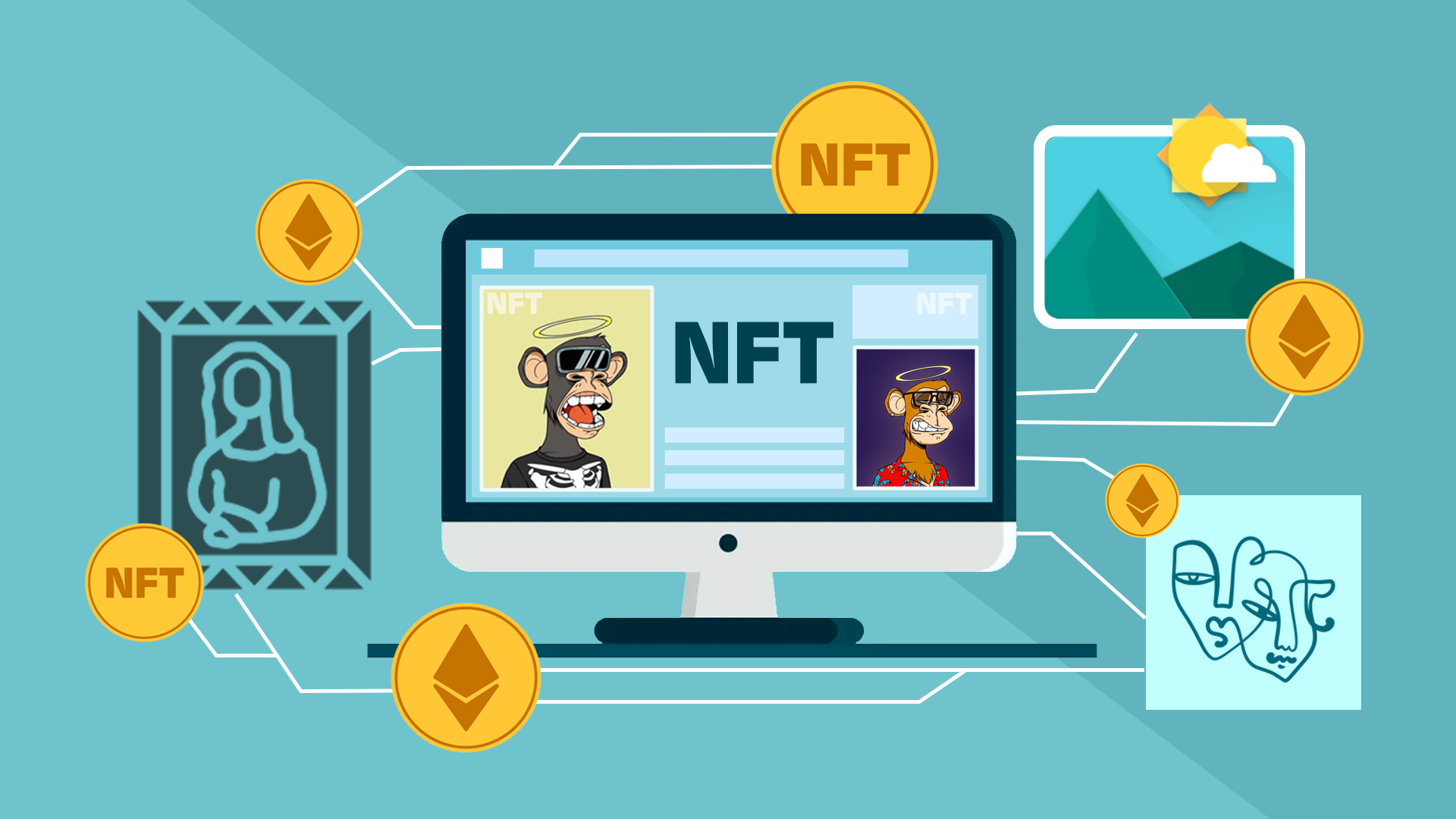The Ultimate Guide to Link Building: Strategies for Success
The Ultimate Guide to Link Building: Strategies for Success
Link building is a crucial aspect of search engine optimization (SEO) that can significantly impact your website's visibility and authority. In this article, we'll explore the importance of link building, various strategies to acquire high-quality backlinks, and best practices to ensure your efforts are effective.
What is Link Building?
Link building refers to the process of acquiring hyperlinks from other websites to your own. These links act as votes of confidence, signaling to search engines like Google that your content is credible and valuable. The more quality backlinks you have, the higher your site can rank in search engine results pages (SERPs).
Why is Link Building Important?
-
Improves Search Rankings: Quality backlinks are a key ranking factor for search engines. Websites with more authoritative links tend to rank higher.
-
Increases Referral Traffic: Backlinks can drive traffic directly to your site. When users click on links from other websites, they are directed to your content.
-
Enhances Brand Authority: Being linked to by reputable sites increases your credibility and visibility in your industry.
-
Fosters Relationships: Link building often involves connecting with other content creators, which can lead to partnerships and collaborations.
Effective Link Building Strategies
1. Create High-Quality Content
- Evergreen Content: Develop content that remains relevant over time, such as how-to guides or comprehensive resources.
- Infographics and Visuals: Shareable visuals often attract links from bloggers and influencers.
2. Guest Blogging
- Write for Reputable Blogs: Contribute articles to industry-related blogs, which often allow you to include a link back to your site.
- Focus on Relevance: Ensure the blogs you target align with your niche for better engagement.
3. Conduct Outreach
- Email Outreach: Reach out to webmasters and influencers in your niche, offering to share your content or collaborate on projects.
- Personalize Your Messages: Tailor your emails to each recipient to increase the chances of a positive response.
4. Leverage Social Media
- Share Your Content: Promote new articles, infographics, and other resources on social media platforms to increase visibility.
- Engage with Influencers: Connect with industry leaders on social media who may share your content with their audience.
5. Utilize Online Communities
- Forums and Q&A Sites: Participate in discussions on platforms like Reddit or Quora, providing valuable insights and linking back to relevant content.
- Industry-Specific Groups: Join Facebook or LinkedIn groups related to your niche to network and share your expertise.
6. Monitor Competitors
- Analyze Competitor Backlinks: Use tools like Ahrefs or SEMrush to see where competitors are getting their backlinks and identify opportunities for your own site.
- Replicate Success: If a competitor has a successful strategy, consider adapting it to fit your brand.
Best Practices for Link Building
- Focus on Quality Over Quantity: A few high-quality backlinks are more beneficial than numerous low-quality links.
- Diversify Your Link Profile: Aim for a mix of links from various sources to create a natural backlink profile.
- Avoid Black Hat Techniques: Stay away from tactics like buying links or participating in link schemes, as these can lead to penalties from search engines.
- Track Your Progress: Use analytics tools to monitor your link-building efforts and adjust your strategies as needed.
Conclusion
Link building is an essential component of a successful SEO strategy. By creating valuable content, engaging with your audience, and fostering relationships within your industry, you can build a robust backlink profile that enhances your site's authority and visibility. Remember, patience and consistency are key; effective link building takes time, but the rewards are worth the effort.

































